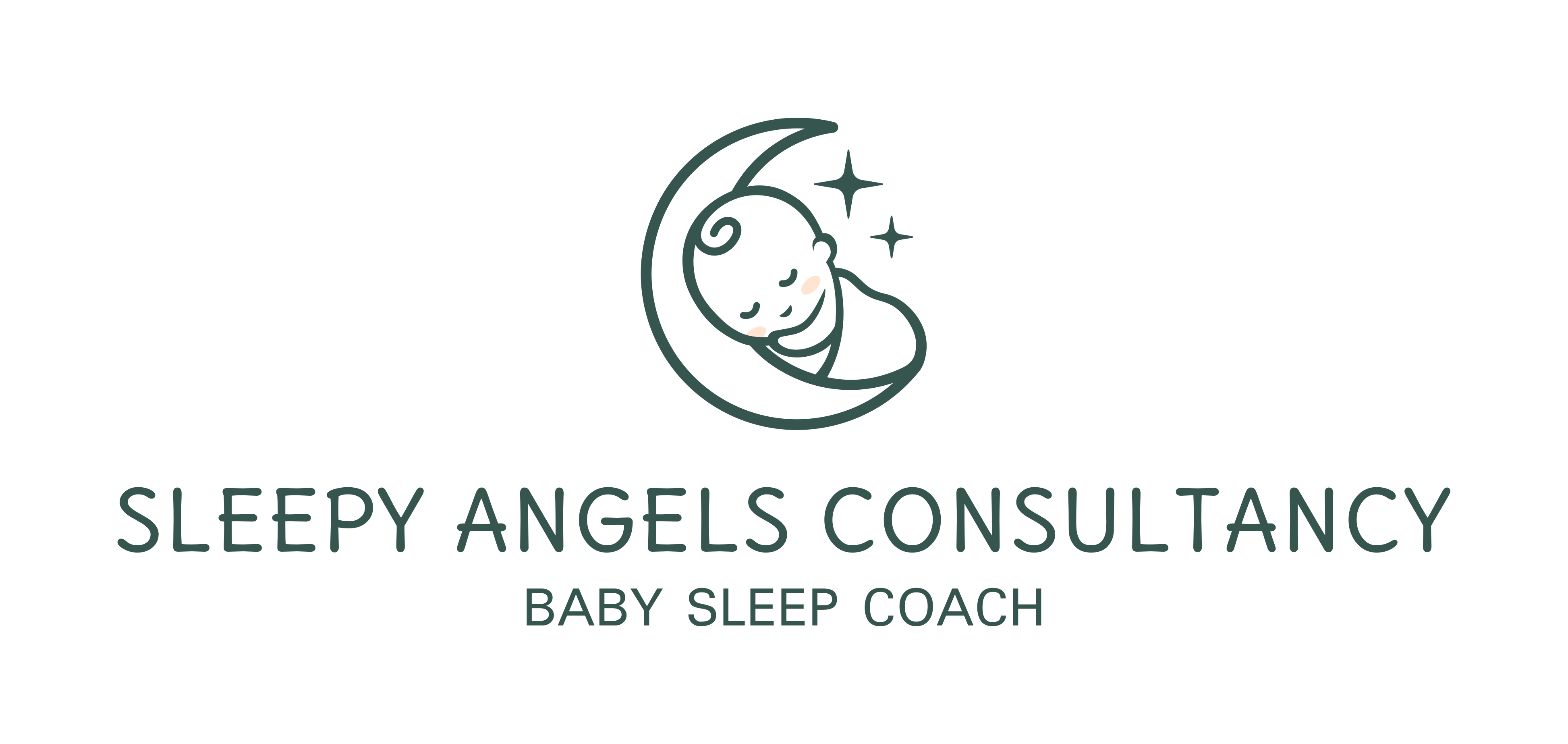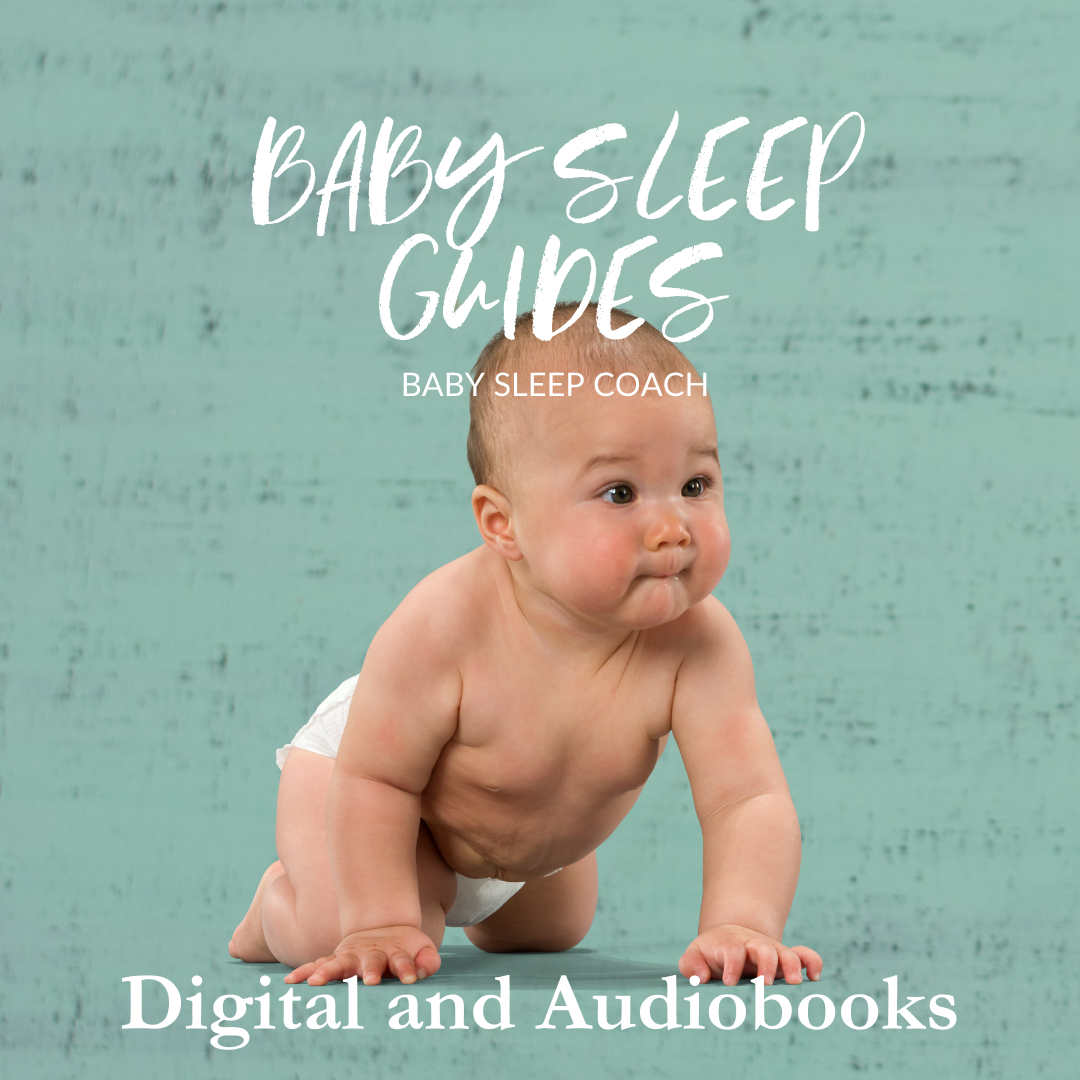TABLE OF CONTENT:
Mouth Breathing in Children
If your child has trouble sleeping, or wakes up during the night, it could be that you have a mouth breather on your hands. As a baby sleep coach, I see how common mouth breathing in children is, and how this could be the reason your child is not sleeping through the night, so read on to see if mouth breathing could be affecting your little one’s sleep.
Why might my child breathe through their nose?
For the first few months of their lives, newborn babies breathe pretty much exclusively through their nose unless there’s a reason they can’t such as having a blockage in their nasal passage, usually because your little one has a cold. In a bid to keep taking in oxygen, they will use their mouth to breathe because their nose is not up to the job.
A more long-term reason for nasal congestion could be allergies that hinder a child’s airway and forces them to use their mouth to breathe. Because symptoms from allergies are over a longer period of time, this is more likely to encourage new (and bad) habits of resorting to breathing through the mouth even after the airway is cleared. Mouth breathing in children is a common issue that may have various underlying causes.
Why is it a problem if my child breathes through their mouth?
When it comes to mouth breathing in children, there are several factors that make it something to avoid. Both doctors and dentists suggest many side effects of mouth breathing that can cause your child discomfort and even lead to more long-term problems developing.
In young children, breathing solely through the mouth can cause dry mouth and contribute to crooked teeth. It can lead to physical abnormalities if left to continue over a longer period of time and it can also cause dental problems as well contributing to a disrupted sleeping pattern.
Is Your Child a Mouth Breather? Recognising the Signs of Mouth Breathing in Children
Young children may struggle to articulate their symptoms as adults do, making it crucial for parents to recognize potential indicators of mouth breathing in children. Look out for slower-than-normal growth, frequent irritability or nighttime crying episodes, dry mouth or lips, difficulty concentrating for extended periods, and daytime sleepiness.
Understanding the Impact of Mouth Breathing in children on Sleep:
Mouth breathing in children, as opposed to nasal breathing, can disrupt your child’s sleep patterns. It may cause breathing interruptions or reductions, prompting the body to react with sudden gasps or snorts, leading to frequent awakenings. Insufficient oxygen supply to the brain can result in daytime fatigue and hinder cognitive function.
Because of some of these factors, children have in the past been wrongly diagnosed with ADHD (research shows) due to their sharing of symptoms such as restlessness or a lack of concentration when in fact it is a much simpler case of sleep deprivation.
Helping Your Child Breathe Through Their Nose: Tips and Advice
If your child is experiencing mouth breathing due to a nasal blockage from illness, typical remedies like nasal sprays or medication can help alleviate congestion. Addressing allergies with solutions like a dehumidifier can also clear the airways.
If mouth breathing persists beyond illness recovery, consulting your GP is advisable to assess for issues like enlarged tonsils or adenoids, common culprits of persistent mouth breathing in children.
Encourage breathing exercises to raise awareness of nose breathing in children capable of understanding. Establishing good breathing habits early on can lead to natural nose breathing, potentially improving sleep quality.
Incorporating calming activities such as yoga and deep breathing into bedtime routines can foster a relaxed environment conducive to nose breathing.
If your child’s sleep is disturbed or they wake too early, other factors may be at play.










0 Comments